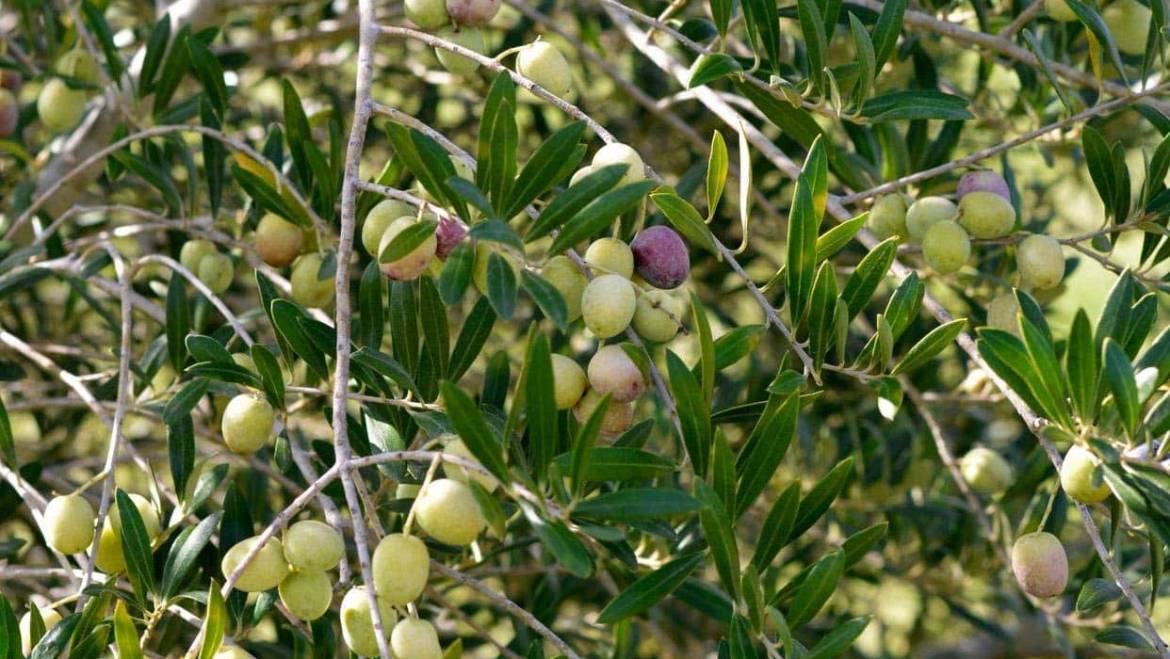The pressing of olives to make olive oil dates back to 6000 BC. By the era of classical ancient Greece, when olive oil was already regarded as one of the most prized goods produced and traded across the Mediterranean, Homer wrote of its as “liquid gold” and Hippocrates called it “the great healer”. That high esteem has lasted from Old Testament times to the present day. In our age, the sheer number of things we use olive oil for is astonishing. It’s lovely to simply drizzle over a salad or any cooked dish, of course, but let’s travel back in time to discover five fascinating, age-old uses of the heart-healthy oil that still do the trick.
A morning beverage for long life
The venerable practice among olive farmers of drinking olive oil every morning, in the firm belief that it fosters longevity, persists to this day among many residents of the Mediterranean region and worldwide, as it sustains an article published in the National Library of Medicine in 2020.
The common approach is to drink, each morning, a quarter cup of extra virgin olive oil, followed by a small glass of warm water with freshly squeezed lemon juice. Advocates insist it gives the body a kick-start for the day, since olive oil and lemon juice both detoxify and cleanse in a powerful way. Olive oil is rich in fatty acids that help blood circulation and remove excess bad cholesterol, while lemon contributes its excellent vitamins. That nourishing shot of olive oil in the morning also keeps hunger pangs at bay, so it can even help you lose weight !
A super skin balm
In Ancient Rome, whole olives were commonly eaten during meals, but at the same time, olive oil was revered for its medical applications. Hippocrates, regarded as the father of Western medicine, listed no fewer than 60 different health conditions for which olive oil was an effective treatment, ranging from skin ailments, wounds and burns, to gynaecological issues and ear infections. We now know that this is due to its substantial and naturally inherent content of antioxidants and other healing agents such as Hydroxytyrosol and peroxide .
The original soap, the more fragrant perfume
Soap as we know it today had not been invented in Roman times, so when people bathed, they rubbed olive oil all over their bodies, then gently scraped it off using a metal instrument called a strigil, ridding themselves as well of dirt and dead skin. The skin was left smooth, silky and moisturised. The olive oil they used was often scented and poured into their private baths, not just softening the complexion but relaxing and rejuvenating with its pleasant fragrances. Olive oil remains in widespread use as a natural cleanser that is both healthy and hypoallergenic , good for everyone from babies to adults. And, interestingly, the ancient Egyptians were fond of olive oil as a means of maintaining the fragrance of their perfumes, which were typically stored in beautiful containers made of alabaster or glass.
Keeping food delicious longer
Until the advent of refrigerators in the modern era, it was essential to eat only the foods that were in season, and yet there had also to be a means of preserving the abundance of fruits and vegetables at harvest times. Olive oil was aeons ago the preferred method of preventing oxygen and microorganisms from reaching food, maintaining most of the nutrients, vitamins, and flavours. You doubtless have a fridge at hand, but olive oil remains an excellent way to give longer life some garden bounty like sun-dried tomatoes, baby artichokes, sweet peppers, eggplants, mushrooms, goat cheese and basil. Pure olive oil can also keep tuna, sardines, chorizo or even meats like pork loin safe and delicious for a long time.
The athlete’s essential preparation
And now we travel back again to Ancient Greece, the birthplace of the Olympic Games, when the therapeutic use of olive oil was already well recognised. According to a research study published in the Archives of Medical Science3, as far back as the eighth century BC, in fact, athletes – especially wrestlers – were prepared physically with deep-friction body massages using olive oil. It has been claimed that the technique was mastered by the Athenians as a means to not only warm up the muscles but also enhance performance, since it helped contribute to better blood flow and flexibility, while also maintaining skin elasticity. Another rub combined with olive oil post-exercise helped quickly remove built-up lactic acid and resulted in rapid recovery from strain and injury . Something to consider whatever your chosen form of fitness!


